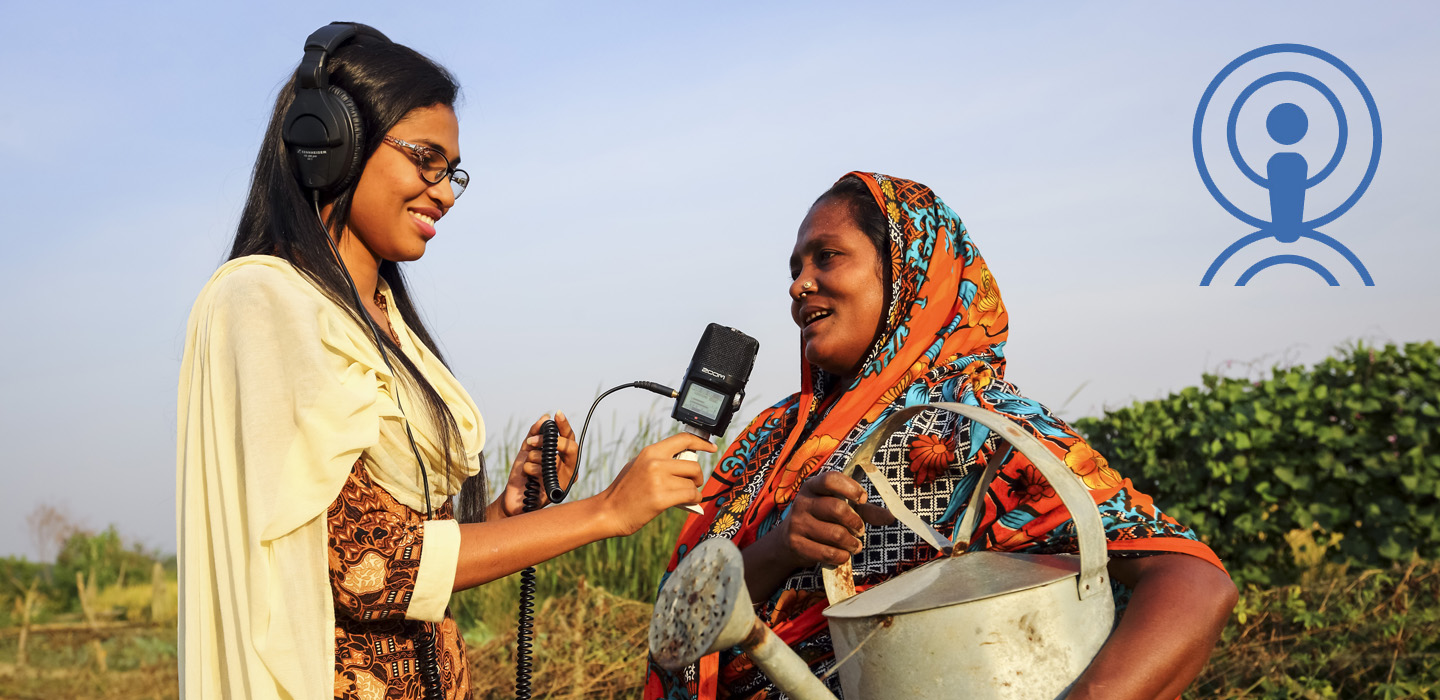It has become pertinent for all well-meaning indigenes and people to condemn in totality the attitude of night marauders in the name of masquerades, of any kind in Awba-Ofemili.
Awba-Ofemili, is a quiet farming boundary-town reputed for fishery and mass-rice production in Awka-North Local Government Area of Anambra State.
The earlier we join hands to redefine their existence the better for us all and future of Awba-Ofemili as a town worthy of development.
Attacking people in their homes was never the idea but due to changing times and abuse, it's high time we redefine this kind of night masquerade culture if we are not going to have deaths in our hands.
In some climes in Igbo land such night masquerades take effect from midnight till about 4am and are restricted to the major roads, even in some parts of Lagos.
Nowadays what we hear and see is the opposite and attack on people at homes, which if put mildly is robbery attempts. The other time it was key to orchestrated attack in and on the churches where they were holding Virgil with shooting of guns in the name of what? Culture or night masquerade?
I have been thinking since learning of recent attack in Awba-Ofemili by a night marauder who disguised as a night masquerade, what is the value proposition to our corporate existence as a town wishing to develop much better than we currently foresee.
Now that electricity has come, our hope and prayer is that more jobs including artisans from other towns and even professionals like Dr and Nurses etc will reside in Awba-Ofemili, so we have got to wake up proactively to ensure such undue attacks at home does not repeat.
Therefore, I urge the President General (PG) of Awba-Ofemili Development Union (ADU), @Hon. Iyke Oforkansi, to liaise with the town’s leadership, @Ezekwesili Maduagwuna, the Igwe-in-Council for us to redefine this among other hindering cultures for the betterment of Awba-Ofemili.
Cultures are meant for man not the other way round.
Awba-Ofemili Makanu!!!
*Remmy Nweke, Chairman, ADU Lagos
... Linking agrobiz, sustainable environs, people & technology
Awba-Ofemili, is a quiet farming boundary-town reputed for fishery and mass-rice production in Awka-North Local Government Area of Anambra State.
The earlier we join hands to redefine their existence the better for us all and future of Awba-Ofemili as a town worthy of development.
Attacking people in their homes was never the idea but due to changing times and abuse, it's high time we redefine this kind of night masquerade culture if we are not going to have deaths in our hands.
In some climes in Igbo land such night masquerades take effect from midnight till about 4am and are restricted to the major roads, even in some parts of Lagos.
Nowadays what we hear and see is the opposite and attack on people at homes, which if put mildly is robbery attempts. The other time it was key to orchestrated attack in and on the churches where they were holding Virgil with shooting of guns in the name of what? Culture or night masquerade?
I have been thinking since learning of recent attack in Awba-Ofemili by a night marauder who disguised as a night masquerade, what is the value proposition to our corporate existence as a town wishing to develop much better than we currently foresee.
Now that electricity has come, our hope and prayer is that more jobs including artisans from other towns and even professionals like Dr and Nurses etc will reside in Awba-Ofemili, so we have got to wake up proactively to ensure such undue attacks at home does not repeat.
Therefore, I urge the President General (PG) of Awba-Ofemili Development Union (ADU), @Hon. Iyke Oforkansi, to liaise with the town’s leadership, @Ezekwesili Maduagwuna, the Igwe-in-Council for us to redefine this among other hindering cultures for the betterment of Awba-Ofemili.
Cultures are meant for man not the other way round.
Awba-Ofemili Makanu!!!
*Remmy Nweke, Chairman, ADU Lagos
... Linking agrobiz, sustainable environs, people & technology
Pix: Igwe Ofemili 1 of Awba-Ofemili, HRH Ezekwesili Maduagwuna










